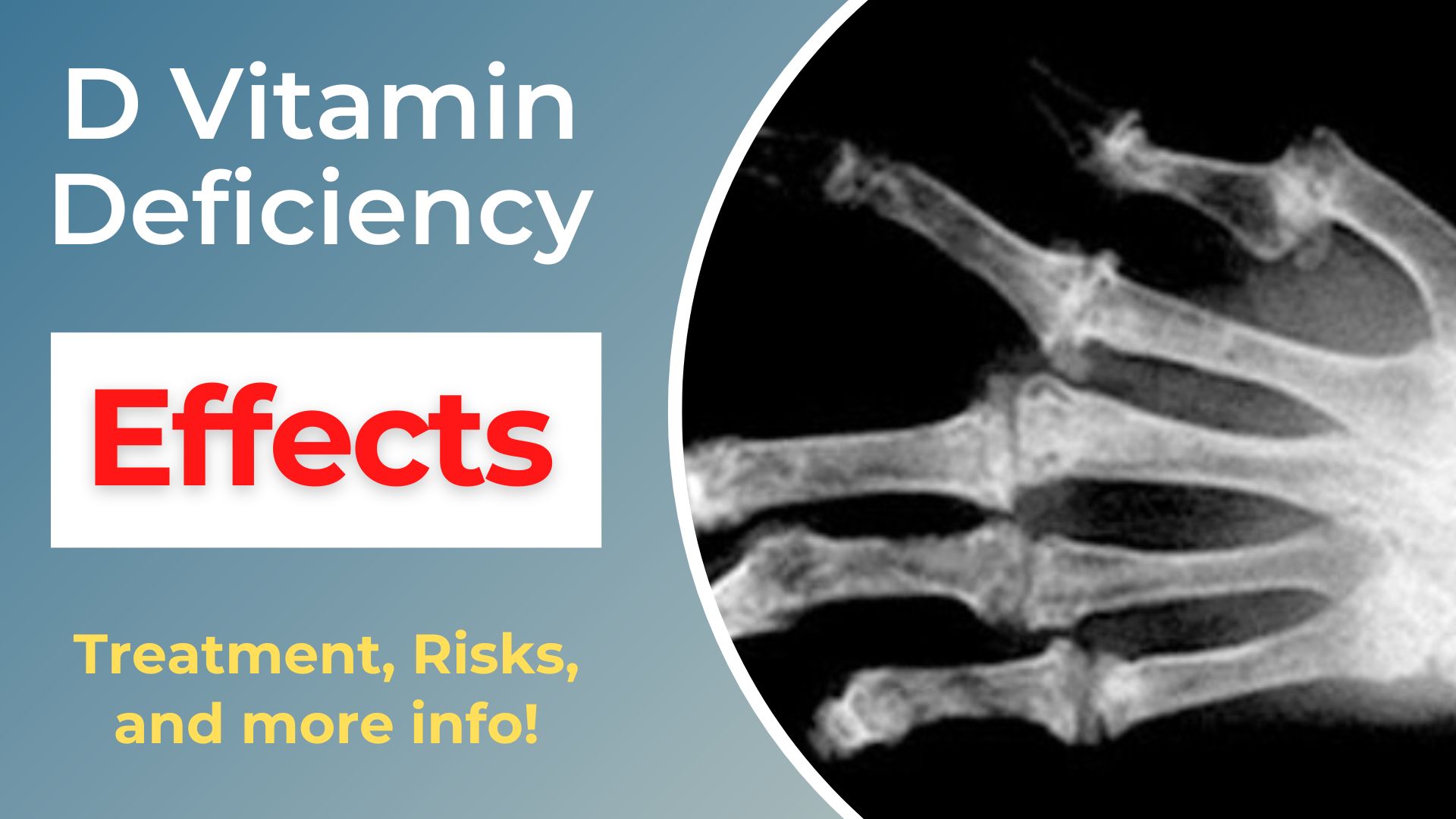The deficiency of vitamin D may cause a number of health problems.
In this article, we will discuss the top 8 effects of vitamin D deficiency. We will also talk about how to test for and treat vitamin D deficiency.
Finally, we will discuss the link between vitamin D levels and deficiency and schizophrenia risk.
Let’s dive in and learn more about the top 8 effects of vitamin D deficiency.
1 – Brittle Bones
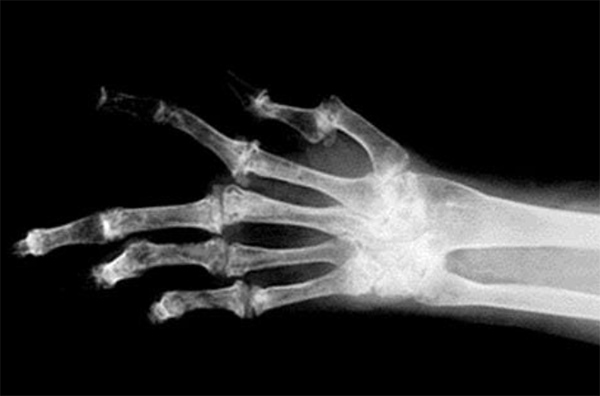
Deficiency of vitamin D may lead to bone loss, fractures, and an increased risk for falls. One study found that severe deficiency of vitamin D was associated with an increased risk for hip fractures.
This dentist who does high-quality teeth whitening in Redwood City also adds that vitamin D deficiency will cause your teeth to be weaker and, thus, more susceptible to chipping and cavities.
Vitamin D helps to absorb calcium and phosphorus, which are essential for healthy bones.
A lack of vitamin D can also lead to muscle weakness. This is because vitamin D is necessary for muscle contraction and relaxation.
If your muscles are weak, then you bones might not get the support they need and are more prone to breaking or dislocated.
2 – Osteoporosis and other health problems

Osteoporosis is a condition that causes the bones to become weak and brittle.
A severe vitamin D deficiency may lead to osteoporosis, as well as other health problems such as weakened bones, rickets, and osteomalacia.
- Rickets is a disease that affects children, causing their bones to become soft and deformed.
- Osteomalacia is a similar condition that softens the bones. It can affect adults and causes pain in the bones and muscles.
There are all very serious problems because they can lead to breaks and fractures.
Unfortunately, the risk of developing osteoporosis and other health problems increases as we age, and vitamin D deficiency is one of the major risk factors.
3 – Fatigue, weakness, and mood changes

Vitamin D deficiency can cause a number of symptoms, including fatigue, weakness, and mood changes.
Fatigue is one of the most common symptoms of vitamin D deficiency. This is because vitamin D is necessary for energy production.
A vitamin D deficiency can also cause weakness because vitamin D is necessary for muscle contraction and relaxation. This means a lacking vitamin D can make your muscles ineffective, as they’ll require more energy to work properly.
Mood changes are another common symptom of vitamin D deficiency. This is because vitamin D is necessary for brain development and function. For example, the deficiency of vitamin D has been linked to an increased risk for dementia and Alzheimer’s disease.
4 – Diabetes
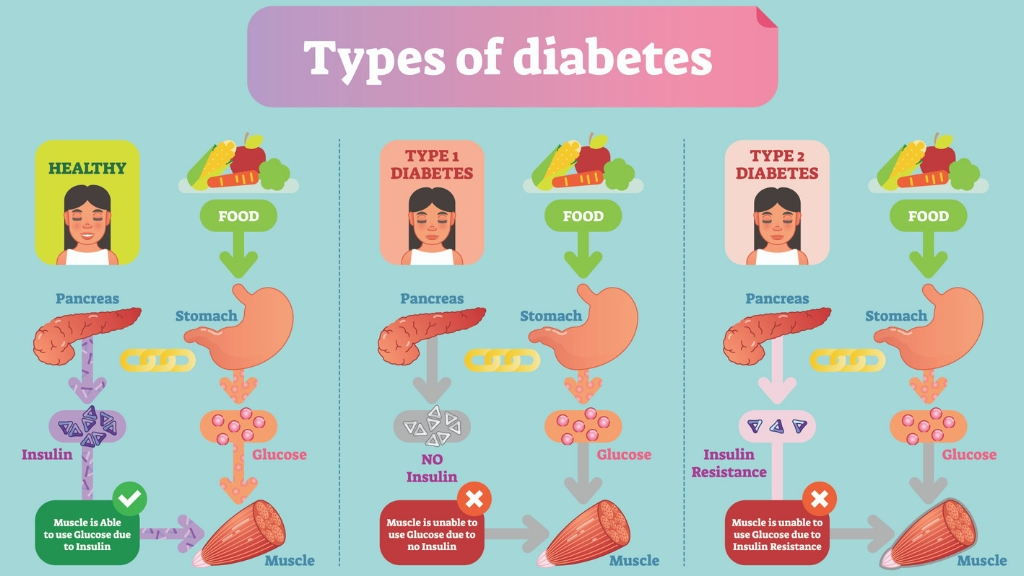
A new study has found that people with vitamin D deficiency are at a greater risk for type II diabetes.
The study, which was conducted by researchers at the University of Southern California, looked at data from more than 15,000 people.
The findings showed that people with vitamin D deficiency were more than twice as likely to develop type II diabetes.
The study also found that people with deficiency of vitamin D were more than three times as likely to develop prediabetes.
Prediabetes is a condition in which blood sugar levels are high, but not yet high enough to be considered diabetes.
5 – Depression

Vitamin D deficiency has been linked to a number of health problems, including depression.
A new study has found that people with a vitamin D deficiency are more likely to experience depression.
The study, which was conducted by researchers at the University of Toronto, looked at data from more than 12,000 people.
The findings showed that people with a deficiency of vitamin D were more than twice as likely to experience depression.
The study also found that people with a deficiency of vitamin D were more than three times as likely to experience anxiety.
The link between deficiency of vitamin D and depression is not fully understood, but it is thought that vitamin D plays a role in brain development and function.
6 – Dementia
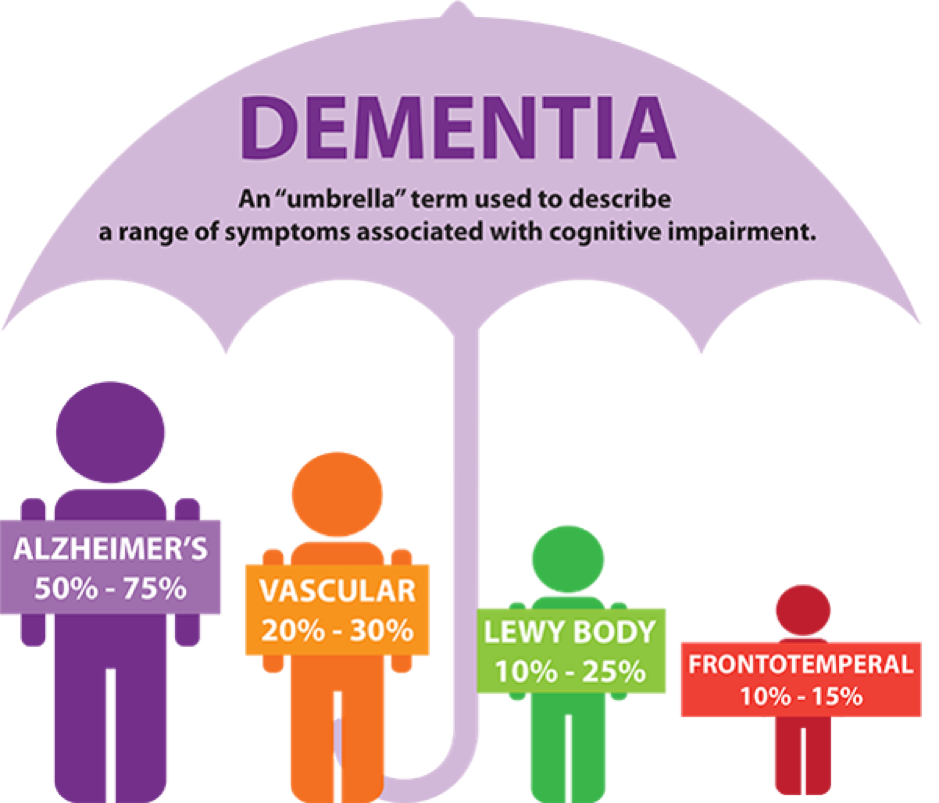
There is a growing body of evidence that suggests there is a connection between dementia and deficiency of vitamin D.
A new study, from the University of South Australia, has found that people with a deficiency of vitamin D are more likely to develop dementia.
If you’re feeling forgetful or have other signs of cognitive decline, vitamin D deficiency may be to blame.
In this case, vitamin D deficiency should be considered a risk factor for developing dementia.
7 – Respiratory illnesses

The respiratory tract is one of the first lines of defense against infection.
Vitamin D helps to keep the respiratory tract healthy by reducing inflammation and boosting immunity.
People who are vitamin D deficient are at an increased risk for developing respiratory illnesses, such as bronchitis and pneumonia.
8 – ED
On this website we talk a lot about eating disorders, which often get abbrievated as “ED”
However, we’re talking about a different ED now.
A new study has found that men with severe erectile dysfunction (ED) are more likely to have low vitamin D levels.
The study, which was conducted by researchers at the University of Milan, looked at a group of men with ED and found that those who had low vitamin D levels were more likely to have severe ED.
While the study did not find a causal link between vitamin D deficiency and ED, it did suggest that D vitamin levels may be a factor in the development of the condition.
Are you experiencing any of these effects?
People at risk for vitamin D deficiency
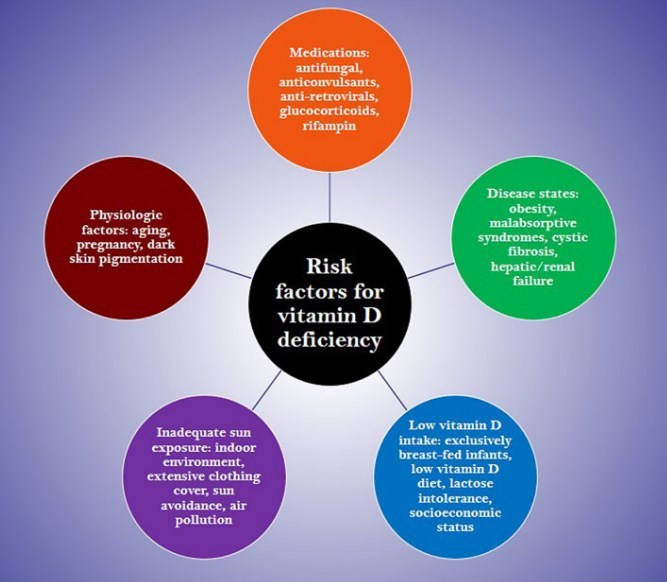
Seniors are at an increased risk for vitamin D deficiency because they are less likely to be exposed to sunlight and more likely to have a restricted diet.
People who don’t get enough sunlight are also at an increased risk for vitamin D deficiency. This is because the body needs sunlight to produce vitamin D.
People who have a restricted diet are also at an increased risk for vitamin D deficiency. This is because they may not be getting enough vitamin D-rich foods or supplements in their diet.
Please consider a vitamin D deficiency blood test to confirm (or disconfirm) any vitamin deficiencies.
Causes of vitamin D deficiency
The deficiency of vitamin D is most often caused by a lack of exposure to sunlight.
Other causes include:
- dark skin
- age
- obesity
- certain medical conditions
- use of certain medications
How much is a deficiency?
A vitamin D deficiency is defined as a serum 25-hydroxyvitamin d level of less than 20 ng/mL.
How to test for a Vitamin D deficiency?
There are a few ways to test for vitamin d deficiency. The most common way is to have your doctor order a blood test.
This test can measure the levels of vitamin d in your blood and give you an idea of whether or not you are d vitamin deficient.
Another way to test for vitamin d deficiency is to have your doctor order a bone density test.
This test can measure the density of your bones and give you an idea of whether or not d vitamin deficiency is a factor.
Check my detailed article about vitamin D blood tests here.
Treatment for vitamin D deficiency
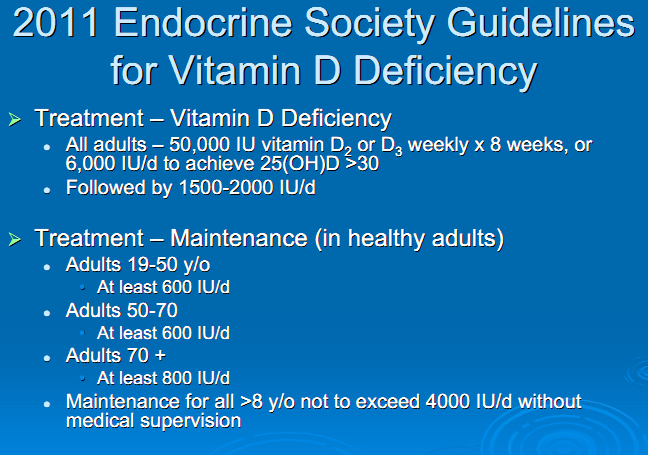
Vitamin D deficiency can have a serious impact on your health, so it is important to talk to your doctor if you think you may be deficient.
If you are vitamin D deficient, your doctor may recommend supplements to improve your vitamin D levels.
You may also need to make dietary changes, such as increasing your intake of vitamin D-rich foods and taking a vitamin D supplement.
You can also increase your intake of d-rich foods, such as salmon, tuna, eggs, and dairy products.
Here is an in-depth article about different vitamin d supplementsthat can help you with your low vitamin d deficiency.
Summary
With winter coming, it’s important to be aware of the top eight vitamin D deficiency symptoms so that you can get treatment if needed.
These symptoms include fatigue, weakness, mood changes, osteoporosis, and other health problems. If you think you may have a vitamin D deficiency, see your doctor for a blood test.
Treatment options include vitamin D supplements and dietary changes. You can also protect yourself from vitamin D deficiency by getting enough sunlight and eating a balanced diet.
What are your thoughts? Do you have any experience with vitamin D deficiency?
If you are concerned about other symptoms related to a vitamin deficiency, please learn more about the top 14 signs of a vitamin deficiency.


